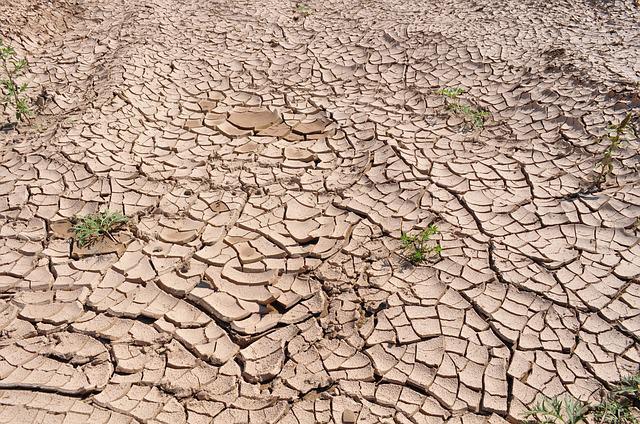
The global scientific community has issued another warning that increasing climate change and biodiversity loss will together reinforce negative impacts on people around the world, including food insecurity, health risks and disrupted livelihoods, as well as involuntary displacements leading to social unrest. The latest assessment reports by the Intergovernmental Panel on Climate Change (IPCC) and the Intergovernmental Science-Policy Platform on Biodiversity and Ecosystem Services (IPBES) warn that the window to avoid far-reaching and irreversible impacts of climate change and global biodiversity loss on people and nature is rapidly closing.
Last year about 50 experts nominated by the IPCC and IPBES produced the first-ever collaborative workshop report bringing together the climate and biodiversity science communities (Portner et al., 2021). The report explored the tradeoffs and synergies between climate and biodiversity considerations, and how such interactions are driven by human economic activity, with very serious impacts on society as well. The report provided information relevant to the implementation of the Paris Agreement, the Convention on Biological Diversity’s Post-2020 Global Biodiversity Framework, and the Sustainable Development Goals. The report found that “Simultaneously meeting these agreements relies on immediate and sustained efforts for transformative change which encompass technological and environmental policies as well as changes to economic structures and profound shifts in society”.
Now, a new article published today in the scientific journal BioScience builds on the IPBES-IPCC workshop report. Written by world-leading climate and biodiversity scientists who were also part of the IPBES-ICC report, it argues that to effectively and equitable address planetary emergencies, it is crucial to activate deep and urgent (“transformative”) changes across economies and societies. They authors claim that such needed changes contrast with policies being currently proposed that focus on incremental changes; that is, changes restricted to actions that are accommodated within existing societal and economic structures and goals, such as those promoting increases in energy efficiency without questioning the paradigm of continuous exponential economic growth.
The authors of the new article argue that incremental changes will not gain sufficient traction to be scaled-up if they are not accompanied by broader system-wide changes and that current incremental changes also risk being too slow to avoid severe negative impacts on people and nature. To illustrate the opportunities and challenges that might be encountered when trying to build more transformative approaches to governing the interactions between climate, biodiversity and society, the article draws on examples from forest ecosystems, marine ecosystems, urban environments and the Arctic.
This new article in BioScience is designed to contribute to the much-anticipated and long-delayed “Paris-style agreement for nature” set to take place later this year in Kunming, China where 196 countries will aim to set ambitious goals for biodiversity. The authors hope that their calls for transformative change will help to better inform the setting of biodiversity objectives, targets, and indicators for the next decade.
According to Unai Pascual, Ikerbasque Research Professor at the Basque Centre for Climate Change, and lead author of the article, “International policy initiatives such as the UN Framework Convention on Climate Change and the UN Convention on Biological Diversity are surprisingly lagging behind the scientific evidence about the need to integrate a climate-biodiversity-society nexus perspective in their decisions. I hope that the efforts by the global scientific community in this regard will be followed up by action from the policymakers. We need urgent and decisive action amidst the accelerating climate and biodiversity crises”.
One of the co-authors of the paper, Professor Robert (Bob) Scholes, passed away before publication. Bob Scholes was a fervent advocate of inclusive and interdisciplinary approaches to understanding biodiversity, climate and social interactions, and the article is a tribute to Bob Scholes’ tireless work in the field of sustainability science.
For more information: https://academic.oup.com/bioscience/article-lookup/doi/10.1093/biosci/biac031
.png)
